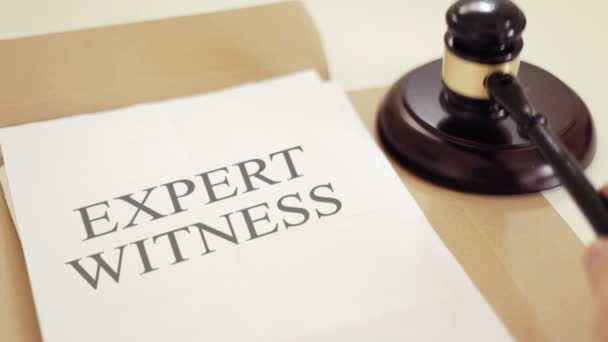The evidentiary value of a witness’ testimony may be the most determinative factor affecting the outcome of a trial. Understandably, the rules governing how witnesses testify are extremely complex. Rules of civil and criminal procedure are intended to keep witnesses’ contributions fair and balanced. Judges hearing objections to testimony during trial must evaluate the guidelines codified in applicable law and weigh them against the possibility of unreasonable harm or a due process violation negatively affecting a litigant. Here are a few examples of objections that counsel may raise.

Leading a Witness
Attorneys who are questioning witnesses on direct examination cannot attempt to elicit information in a way that colors the testimony or makes the desired response from a witness unavoidable. Leading a witness results in a counsel superimposing testimony themselves simply by how they conduct their line of questioning.
A Witness Is Not an Expert
Certain issues of fact are so complex that a non-expert cannot reliably recount them to a jury or judge. If the trier of fact cannot easily understand what a witness is relaying because it is beyond the understanding of a layperson, it may be necessary for an expert witness to testify. For example, a banking expert may need to testify regarding issues about how a bank handled a complex situation or whether their business practices were consistent with industry standards.
Relevance
Counsel may ask witnesses questions that do not have any bearing on the issues of fact that are material in a legal matter. Generally, the goal of asking irrelevant questions is to cast a negative light on a person or practice that supports a trial attorney’s position.
Ultimately, trial attorneys must be vigilant as they watch opposing counsel question a witness. Missing a key objection could prevent a trier of fact from making an unprejudiced evaluation of a case’s central themes and issues of fact.